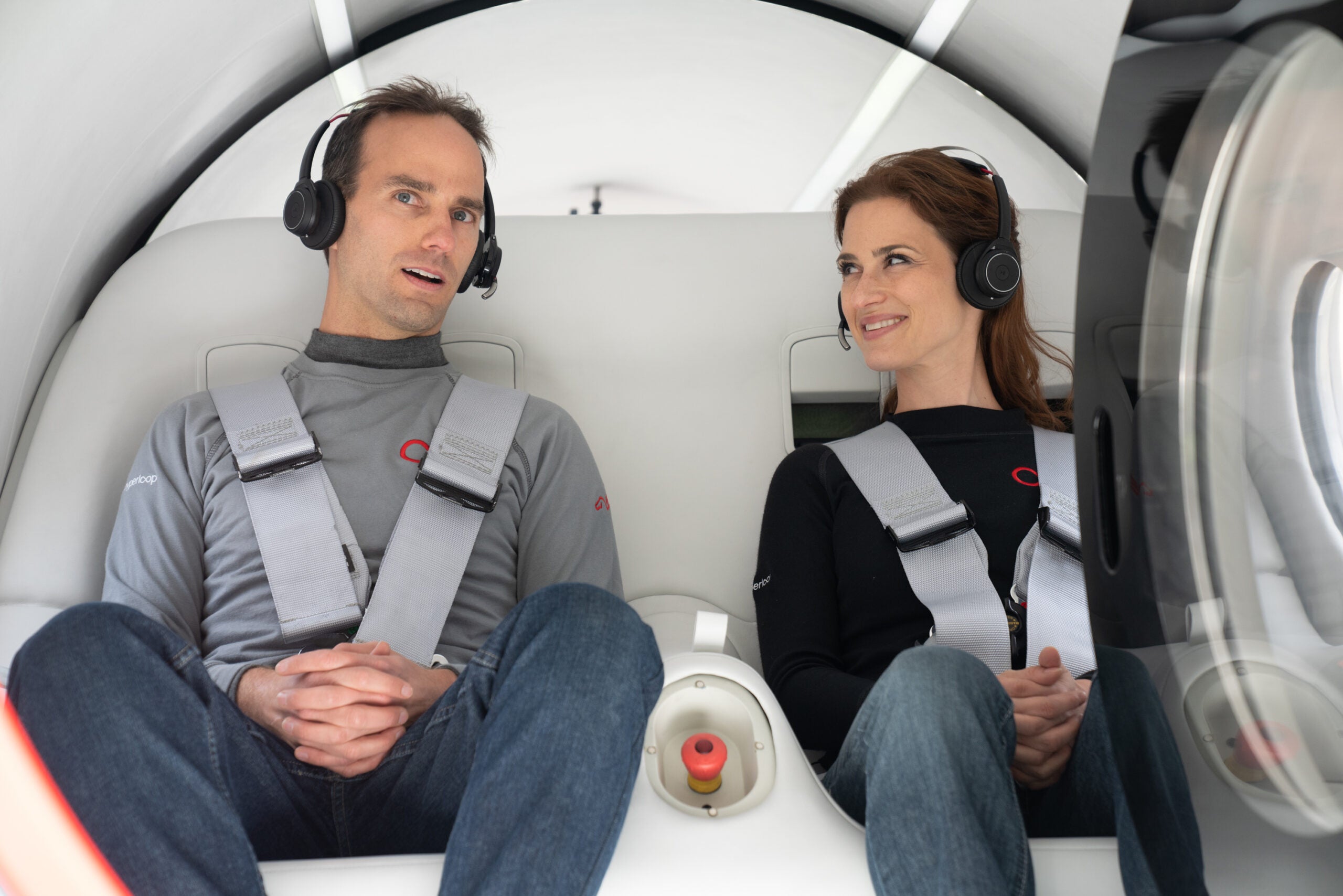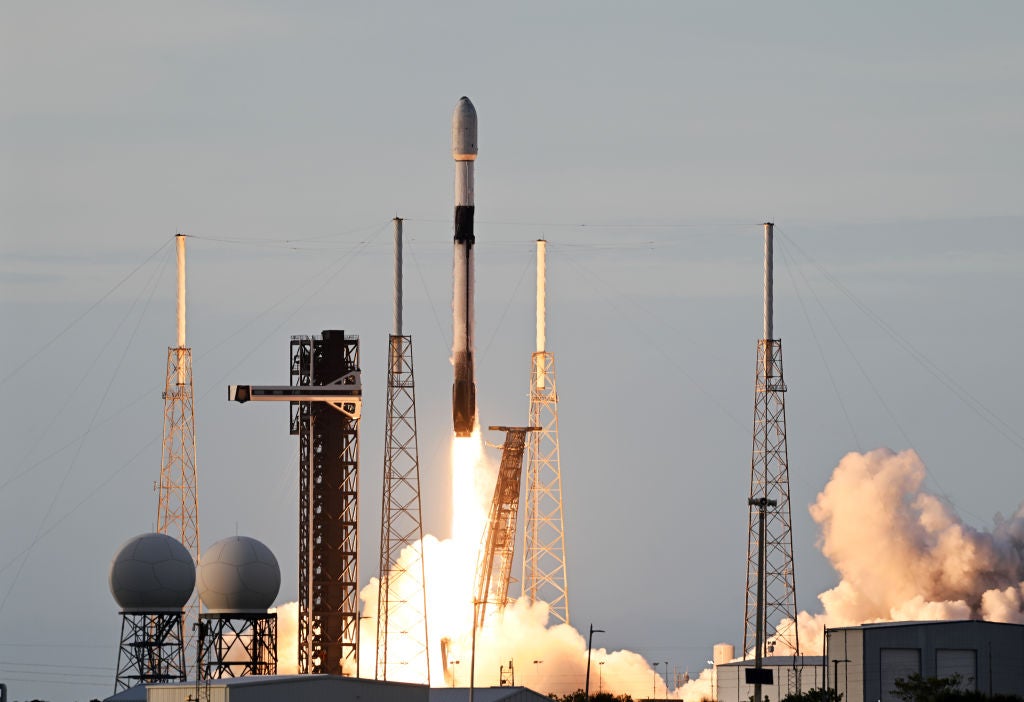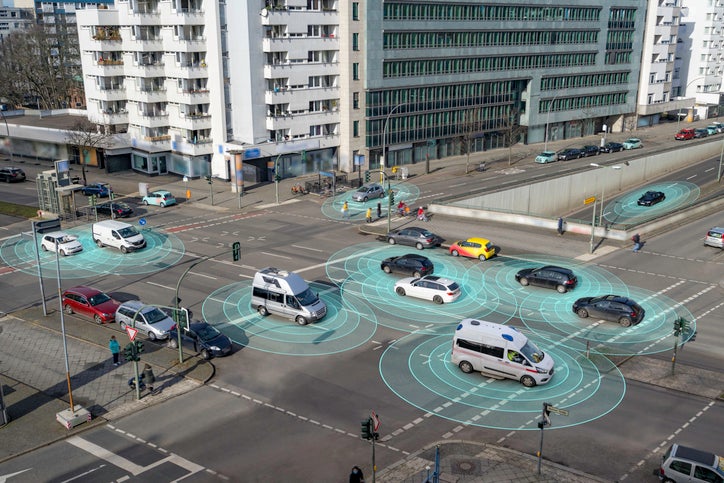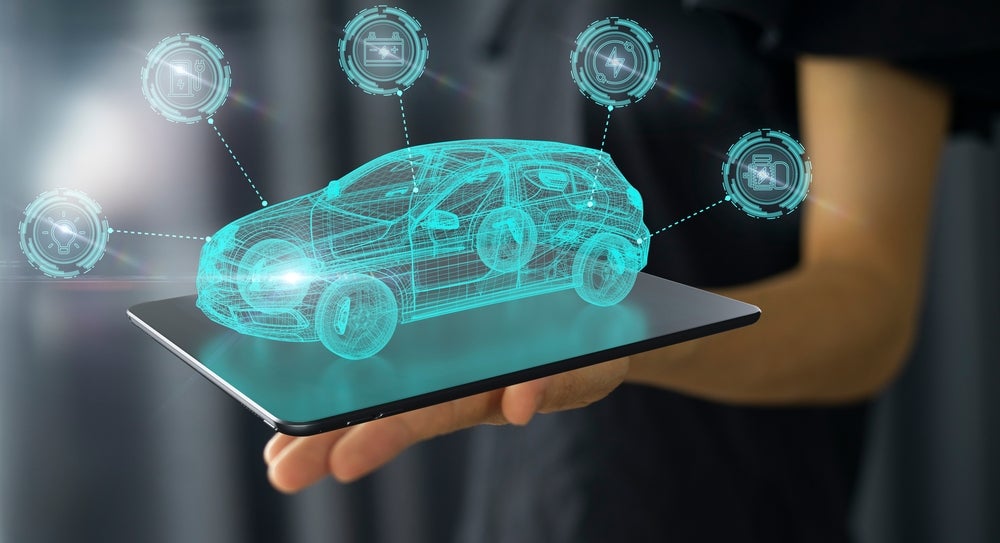
Virgin Hyperloop has completed its first passenger test, sending two company executives 500m across the desert of Nevada inside a levitating pod at a top speed of 107.5mph.
The passenger test is a key safety milestone for the company backed by Sir Richard Branson, which aims to revolutionise high-speed transport.
Virgin Hyperloop CTO and co-founder Josh Gieegal, along with director of passenger experience Sara Luchian, completed the test in the XP-2 two-seater pod on Sunday.
The pod, which floats inside a near-vacuum tube to reduce friction and air resistance, hit a top speed of 48m per second. Virgin aims to one day hit speeds exceeding 1,000kph.
For comparison, the world’s fastest Maglev train speed is 601kph, set by a Japanese train in 2015 near Mount Fuji.
“Hyperloop is about so much more than the technology. It’s about what it enables,” said Luchian. “To me, the passenger experience ties it all together. And what better way to design the future than to actually experience it first-hand?”
How well do you really know your competitors?
Access the most comprehensive Company Profiles on the market, powered by GlobalData. Save hours of research. Gain competitive edge.

Thank you!
Your download email will arrive shortly
Not ready to buy yet? Download a free sample
We are confident about the unique quality of our Company Profiles. However, we want you to make the most beneficial decision for your business, so we offer a free sample that you can download by submitting the below form
By GlobalDataThe company performed its first live trial using hyperloop technology in May 2016. It has since completed more than 400 tests without human passengers.
Branson said that yesterday’s passenger trip at its DevLoop test site in Las Vegas, Nevada, showed that the spirit of “innovation will in fact change the way people everywhere live, work, and travel in the years to come”.
Former Hyperloop boss Rob Llyod has previously said the technology could allow passengers to travel the 45 miles between Gatwick and Heathrow airports in four minutes.
The company has announced a number of partnership agreements, including one with Saudi Arabia and Estonia to build high-speed transport connections.

It aims to become commercially operational by 2030. Before then it needs to achieve safety certification, which it aims to do by 2025. The company plans to scale its pod up to hold 28 passengers.
“I can’t tell you how often I get asked ‘is hyperloop safe?’” said Jay Walder, CEO of Virgin Hyperloop. “With today’s passenger testing, we have successfully answered this question, demonstrating that not only can Virgin Hyperloop safely put a person in a pod in a vacuum environment, but that the company has a thoughtful approach to safety which has been validated by an independent third party.”
The hyperloop concept was initially proposed by a joint team from Elon Musk’s SpaceX and Tesla. In 2017, the Virgin Group announced a strategic investment partnership in Musk’s Hyperloop One and in June 2020 the company rebranded to Virgin Hyperloop.
Read more: India Hyperloop project “on pause” due to coronavirus: Virgin Hyperloop One CEO






